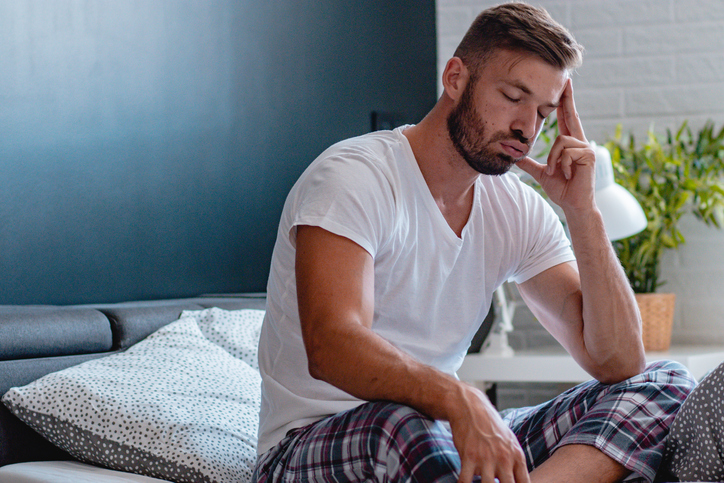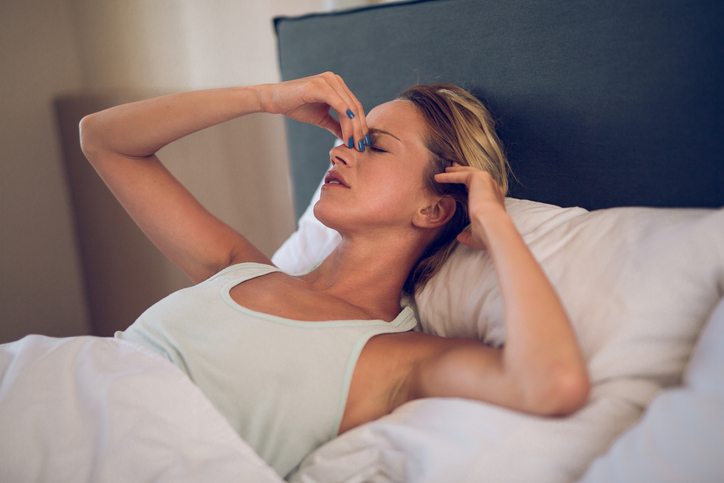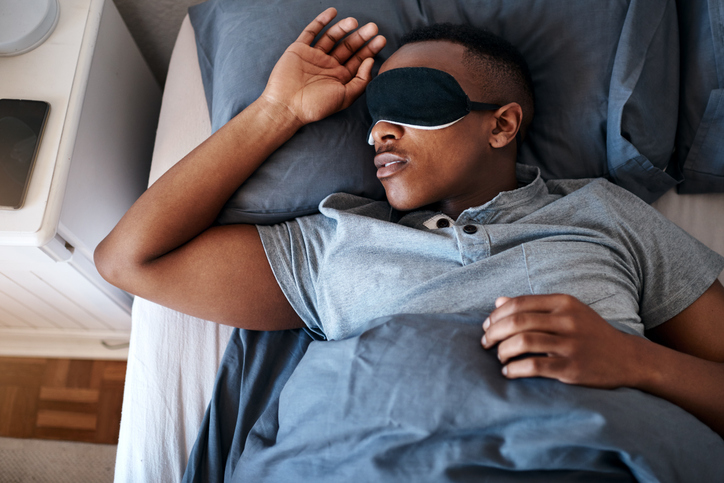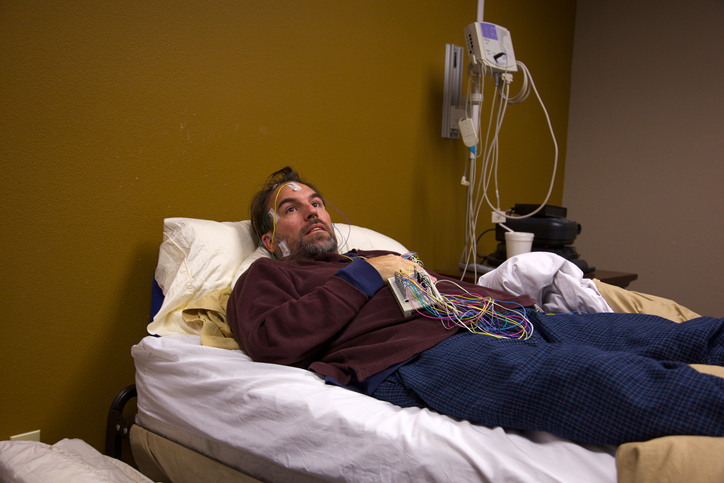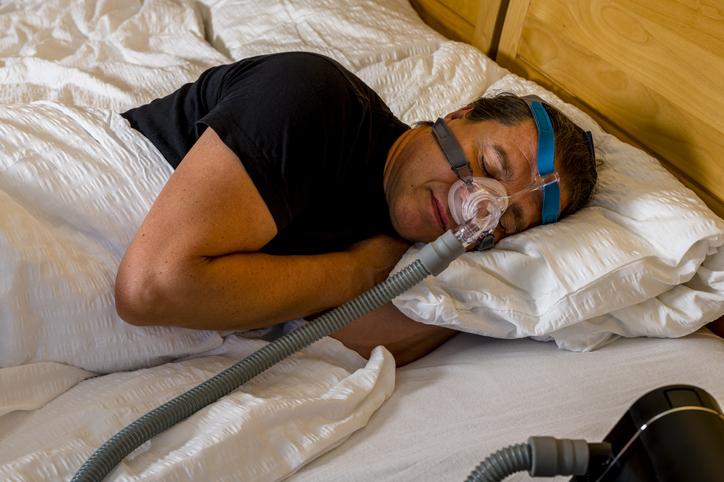Living with Chronic Pain
Health Risks Associated With Sleep Deprivation

15 people found this helpful
Print
Share
Save
Sleep deprivation often causes daytime fatigue, grogginess and irritability; unfortunately, it can also pose serious health risks. Some of these risks are associated with chronic sleep deprivation, but others can occur after just 24 to 48 hours without enough sleep.
- Mental health issues
Chronic sleep deprivation can increase anxiety levels and feelings of depression and decrease motivation and energy. It can also contribute to impulsivity, risk-taking behavior, and suicidal ideation. - Accidents
When sleep deprived, “nodding off” during the day while participating in dangerous activities, such as driving or operating heavy machinery, can occur. Each year, thousands of serious and fatal car accidents are attributed to fatigue. - Weight gain
Without enough sleep, the hormones leptin and ghrelin are not appropriately regulated in the body. Sleep-deprived individuals have lower levels of the hormone leptin, which regulates appetite, and higher levels of the hormone ghrelin, which stimulates appetite. This can lead to overeating and weight gain. Significant weight gain can lead to obesity, which also has numerous health risks. - Weakened immune system
The immune system needs adequate sleep to properly function. Sleep deprivation weakens the immune system which makes it more difficult for the body to defend itself from illness. It may also lengthen the time it takes to recover from illness. - Diabetes
Lack of sleep can decrease the body’s ability to process insulin, which is a blood-sugar lowering hormone. This can cause high blood sugar levels which, over time, increases the risk of developing type 2 diabetes. - Heart disease
Chronic sleep deprivation can increase blood pressure and inflammation levels. It can also reduce the body’s ability to repair the heart and blood vessels. This combination can lead to cardiovascular disease and increase the risk of heart attack.
To avoid these health risks, experts recommend uninterrupted sleep for seven to nine hours in a 24-hour period.

